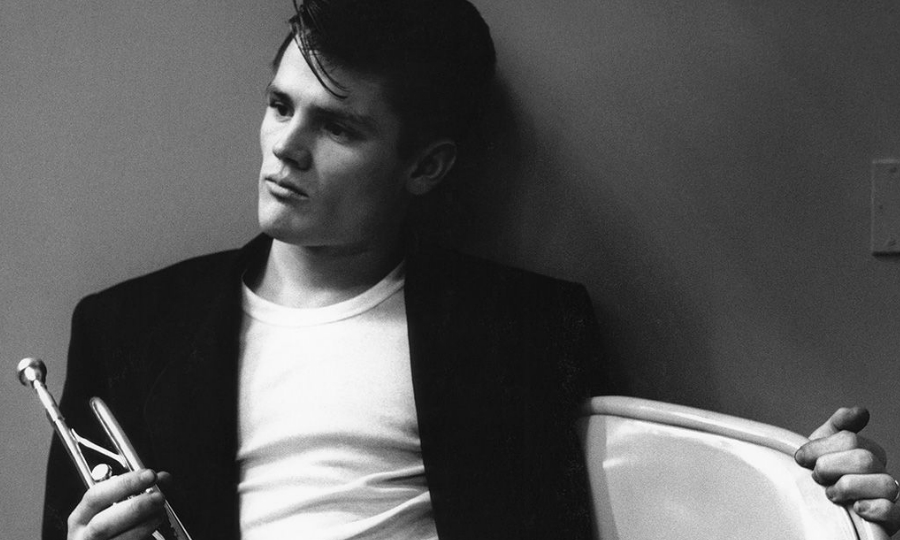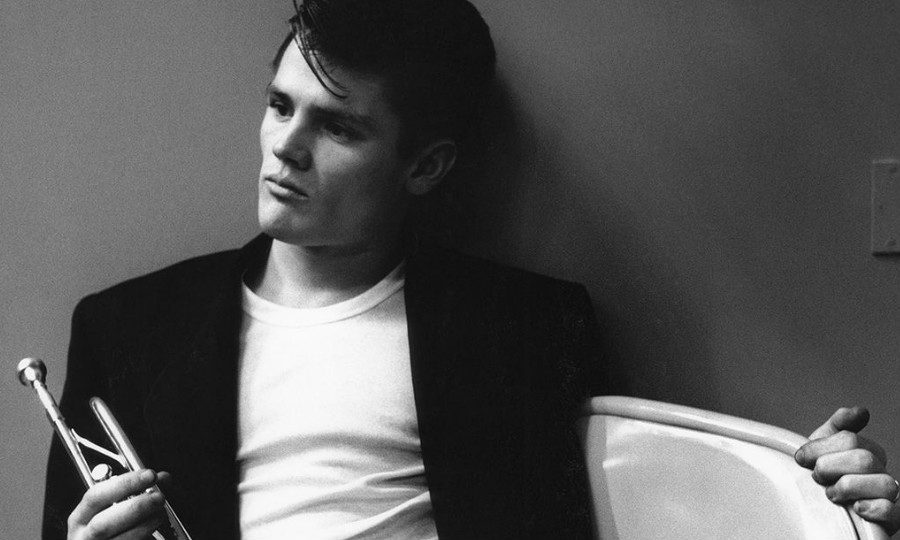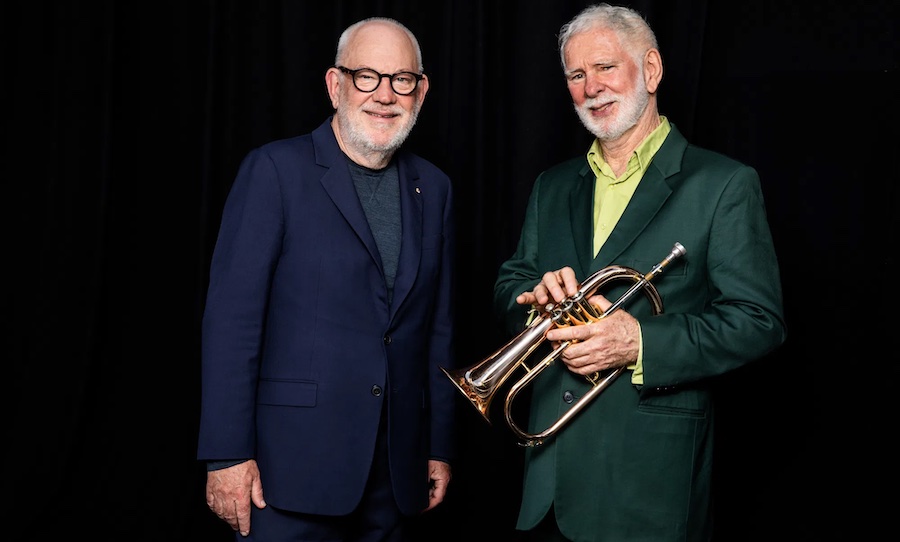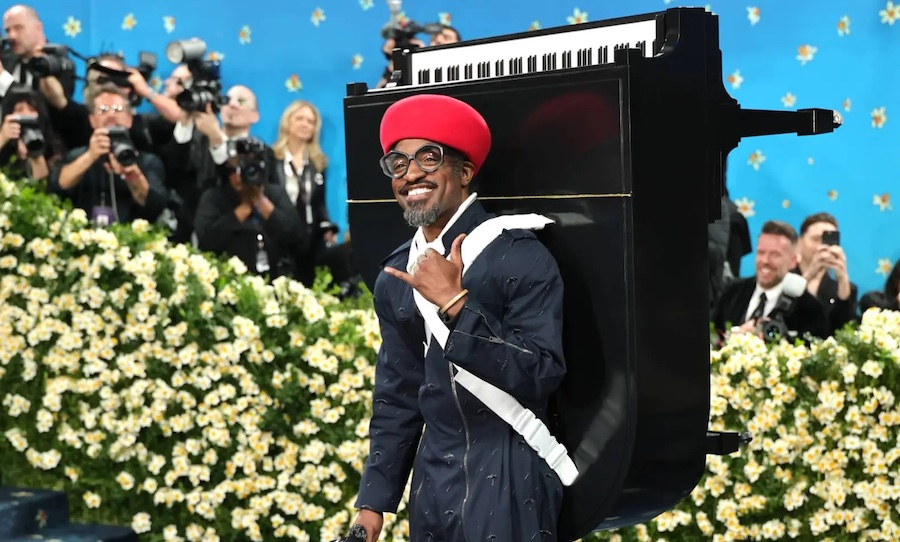Chet Baker lived one hell of a life. Like many with the calling for the blues, they also lived the blues. It was was often fated. Eternally intertwined in some terminal, writhing grapple with ontological uncertainty and inner demons.
Heroin, alcohol, prison sentences and love often tormented the young trumpet extraordinaire, not to mention a mugging in ’68 that left him mostly toothless. Yet the ‘James Dean Of Jazz’ was hardly recognised when his body was found broken, bloodied and crumpled on the pavement below his Amsterdam window on Friday 13 May, 1988.
This all makes for a mighty romantic image of the tortured poet, yet if you haven’t already seen the 2015 film Born To Be Blue we highly recommend you watch it as soon as heavenly possible. If anything were to irrevocably convince you of the potent, beguiling spell that is jazz, it’s this film. And more importantly it’s Chet Baker.

Chet Baker has a vast well of sound to slowly slink into like some narcotised nirvana of West Coast Jazz. Take the hit, close your eyes and embrace it.
Chet (1959)
Recorded in 1959 under the influence of heavy drugs Chet is Baker in slow motion. It makes for a haunting instrumental reverie however, and is undoubtedly one of Chet Baker’s finest albums from the ’50s.
It’s incredibly hard to dislike this album. A generous dose of smooth, sultry, West Coast Jazz in all its glory. Thus it’s the perfect entry place for novices, especially if you’re more interested in Chet’s trumpeting skills as it is entirely instrumental.
For veterans, the newer ‘Keepnews Collection’ reissue comes with much improved sound and some interesting liner notes by Orrin Keepnews that shed light on the conflicted relationship between the trumpet player and his reluctant producer.
Chet Baker Sings (1956)
Like a smooth, simmering potion on a Summer’s day, Chet Baker Sings is likely his finest solo work. A masterpiece not only for his relaxed and understated vocals but it highlights the relationship between Baker’s voice and his horn. As the vocals develop he picks up more of the plucky bounce, dancing and riffing with the rhythm section.
Later in his career Baker was noted for how his singing and soloing would flow and respond to the other musicians in the room. This session perfectly encapsulates how Chet’s vocals and horn would react and encourage the other players to riff off each other.
Embraceable You (1957)
Originally recorded in 1957, Embraceable You was indefinitely shelved because producer Richard Bock deemed them ‘too depressing’ for the public. Nonetheless they were released from the vault almost 40 years later in 1995.
This is Baker’s earliest session work without a drummer. The trio of trumpet, guitar and bass is a rarity for Chet until the late 1970s onwards. While the focus is predominantly on his voice, Baker does occasionally pull the horn of its case as he emanates with a fragility and vulnerability that cannot be expressed on any of his other albums.
Chet is Back! (1962)
After a brief stint in Italian prison for drug charges, Chet made his comeback with this aptly titled 1962 masterwork. If he feels faster, swingier more lively than ever it’s probably due to the fact that he managed to kick his heroin addiction before this record was cut.
It also might be due to the impeccable Italian musicians that joined his sextet along with an orchestra led by Ennio Morricone. Baker emerges triumphant. More heartfelt and refined.
His conversational trumpet phrasing is overtly powerful yet embracing. Too bad he was back on heroin before this record hit the shelves.
Chet Baker In Tokyo (1987)
Recorded a mere one year before his death, Chet Baker In Tokyo is a Chet album that shows the trumpeter in top form. Due to the strict drug laws in Japan, Baker decided to go on methadone for the duration tour, culminating in this recording for a television show in Tokyo.
Due to his evident lack of heroin Baker is heard here with a fresh alertness and acuity this is wholly untypical of his other recordings from the 1980s. Back by Harold Dank, Hein Van Der Geyn and John Engels, this is likely Baker’s best ever live recording.
The highlight track, and arguably Baker’s most famous, was written by Elvis Costello: Almost Blue. Here Chet is at his most vulnerable and honest, due to the lack of drugs and a recent mugging that left his jaw severely broken, Baker re-taught himself trumpet.
Yet when he opens his mouth and sings with the pain, experience and irate mood of a blue soul who has lived thrice his age, you can’t help but cry.
Do you have a favourite Chet album? The truth is as a die hard fan it nears impossible to name a Chet Baker best album; they seem to meander and push forward based on the mood and feeling of the day. His discography is as wild and diverse as the days he lived and his legacy will live in for generations to come. If only a few new people discover him from this small piece I’ll be glad!



